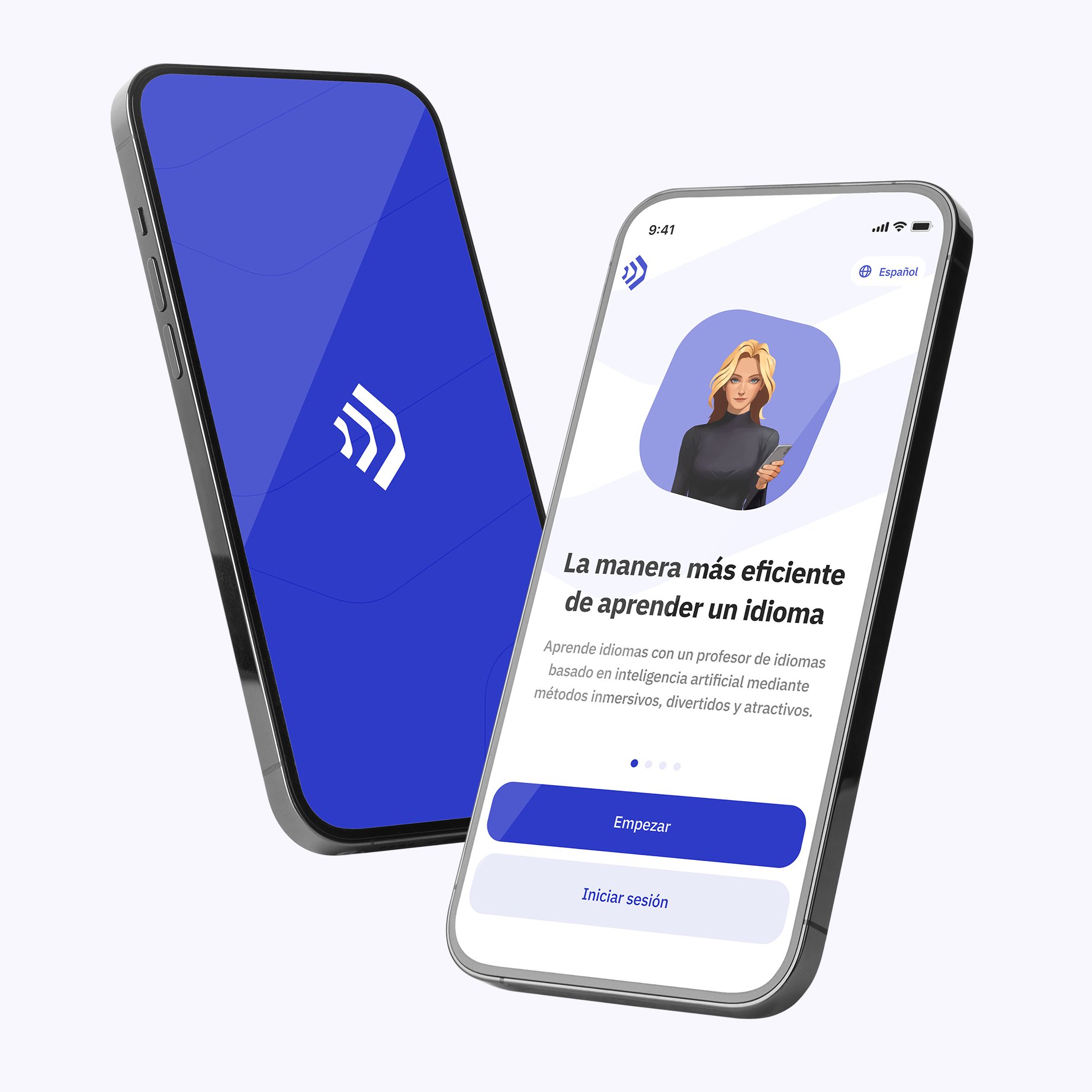El verbo "have" en inglés es uno de los verbos más comunes y versátiles del idioma. Funciona tanto como verbo principal como auxiliar y tiene varios usos y significados. En su forma más básica, "have" se utiliza para expresar posesión, pertenencia o asociación. Por ejemplo, se usa para indicar que alguien posee algo o tiene ciertas características o cualidades. Además, "have" también puede funcionar como un verbo auxiliar en tiempos verbales compuestos, ayudando a formar tiempos perfectos y otros aspectos verbales. Debido a su amplia gama de usos y su importancia en la estructura gramatical del inglés, es esencial dominar el uso adecuado de este verbo para lograr fluidez y precisión en el idioma.
I have a meeting scheduled for tomorrow.
She has two cats and a dog.
They have been living in Paris for three years.
We have to finish our project by next week.
Do you have any idea where my keys are?
He has always wanted to visit Japan.
I have been feeling a bit under the weather today.
She has made a delicious apple pie for the party.
They have taken all the necessary precautions.
How long have you been waiting here?
I have a car.
You have a meeting.
He has a book.
She has a cat.
It has a function.
We have a plan.
They have a house.
I had a car.
You had a meeting.
He had a book.
She had a cat.
It had a function.
We had a plan.
They had a house.
I will have a car.
You will have a meeting.
He will have a book.
She will have a cat.
It will have a function.
We will have a plan.
They will have a house.
I am having dinner.
You are having a meeting.
He is having a nap.
She is having a bath.
It is having an update.
We are having a discussion.
They are having a party.
I was having dinner.
You were having a meeting.
He was having a nap.
She was having a bath.
It was having an update.
We were having a discussion.
They were having a party.
I have had lunch.
You have had a meeting.
He has had a nap.
She has had a bath.
It has had an upgrade.
We have had a discussion.
They have had a party.
I had had lunch before they arrived.
You had had a meeting before the news broke.
He had had a nap before dinner.
She had had a bath before bedtime.
It had had an upgrade before the error occurred.
We had had a discussion before making a decision.
They had had a party before the holiday.
La forma más eficiente de aprender un idioma
Prueba Talkpal gratis
Cada individuo aprende de una forma única. Con la tecnología de Talkpal , tenemos la capacidad de examinar cómo millones de personas aprenden simultáneamente y diseñar las plataformas educativas más eficientes, que se pueden personalizar para cada estudiante.

Recibe sugerencias y comentarios inmediatos y personalizados para acelerar tu dominio del idioma.

Aprende mediante métodos adaptados a tu estilo y ritmo únicos, garantizando un viaje personalizado y eficaz hacia la fluidez.
Talkpal es un tutor de idiomas basado en inteligencia artificial. Es la forma más eficaz de aprender un idioma. Chatea sobre una cantidad ilimitada de temas interesantes escribiendo o hablando mientras recibes mensajes con voz realista.


Talkpal, Inc., 2810 N Church St, Wilmington, Delaware 19802, US
© 2025 All Rights Reserved.